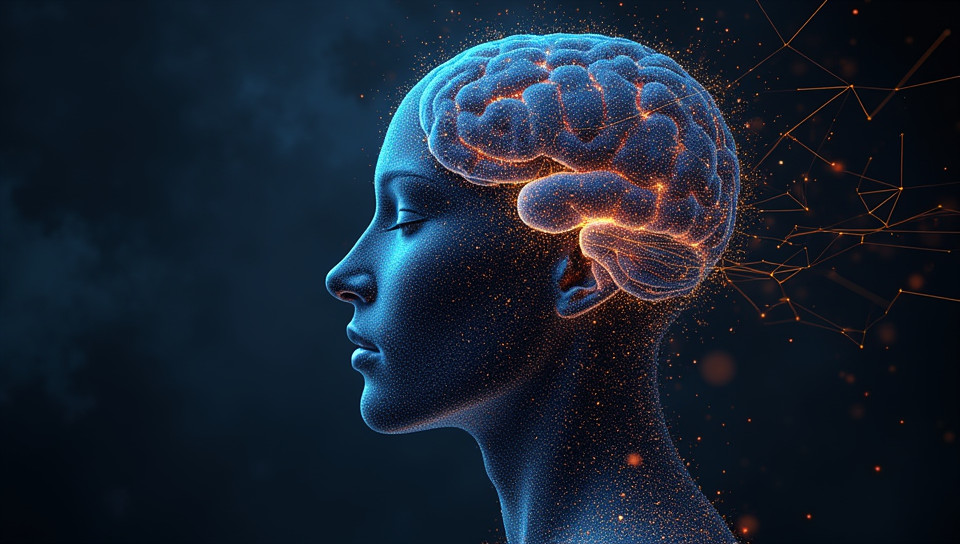Integrated information theory supports a unified music cognition model 82%

The Harmonious Union of Music and Mind
Have you ever found yourself completely absorbed in music, losing track of time and space? Or perhaps, you've experienced the emotional resonance of a particular melody that has left an indelible mark on your soul. Music has the unique ability to evoke powerful emotions and create a sense of connection with others. But what lies behind this phenomenon? How do we process and understand music in our minds?
The Complexity of Music Cognition
Music cognition refers to the mental processes involved in perceiving, creating, and understanding music. It's a complex and multifaceted field that has fascinated researchers for centuries. Despite significant advancements in our understanding of music perception, there is still much to be discovered.
Integrated Information Theory: A New Paradigm
In recent years, integrated information theory (IIT) has emerged as a groundbreaking framework for understanding consciousness and cognition. Developed by neuroscientist Giulio Tononi, IIT posits that consciousness arises from the integrated processing of information within the brain. This theory has far-reaching implications for music cognition, suggesting that music perception may be a fundamental aspect of conscious experience.
The Unified Music Cognition Model
According to IIT, music cognition can be understood as a unified process that integrates various aspects of musical experience, including melody, harmony, rhythm, and timbre. By applying the principles of IIT, researchers have proposed a new model for music cognition, which emphasizes the interconnectedness of these elements.
- Here are some key features of this unified model:
- Melody is not merely a sequence of notes, but a complex pattern that interacts with harmony to create a rich auditory experience.
- Rhythm provides the temporal structure that underlies musical meaning and emotional resonance.
- Timbre adds depth and nuance to musical perception, allowing us to distinguish between different instruments and voices.
Implications for Music Perception
The unified music cognition model has significant implications for our understanding of music perception. By recognizing the interconnectedness of musical elements, we can better appreciate the complexity and richness of musical experience. This, in turn, may lead to new insights into the cognitive processes underlying music appreciation and creation.
Conclusion
Integrated information theory provides a powerful framework for understanding the complex dynamics of music cognition. By embracing this unified model, researchers and musicians alike can gain a deeper appreciation for the intricate relationships between melody, harmony, rhythm, and timbre. Ultimately, this knowledge may inspire new creative endeavors, from composition to performance, and shed light on the profound impact that music has on our lives. As we continue to explore the mysteries of music cognition, one thing is clear: the harmonious union of music and mind is a true marvel of human experience.
- Created by: Noah Weber
- Created at: Nov. 15, 2024, 2:35 p.m.
- ID: 16009








